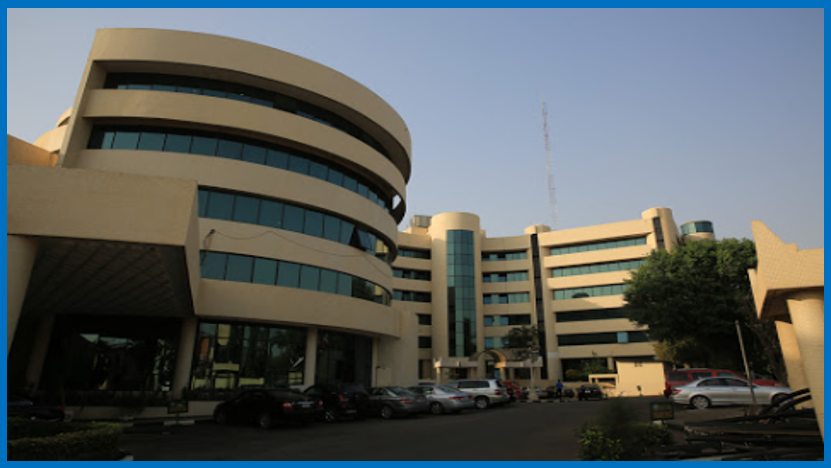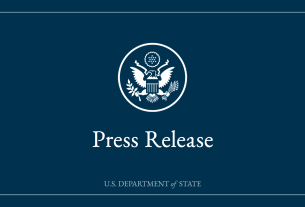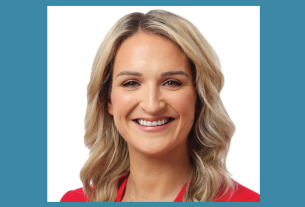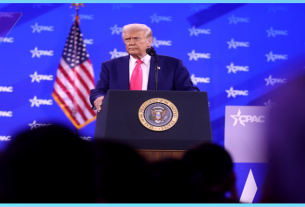LAGOS, Nigeria — May 28, 2025
The Economic Community of West African States (ECOWAS) marked its 50th anniversary this week, with regional leaders gathering in Lagos, Nigeria, to reflect on the bloc’s legacy and chart a path forward amid mounting political and security challenges.
Established on May 28, 1975, ECOWAS was founded with the aim of promoting economic integration, regional cooperation, and political stability across West Africa. Originally comprising 15 member states, the bloc has been a cornerstone of West African diplomacy and conflict resolution for decades.
Reflections on Achievements and Challenges
At the anniversary summit, ECOWAS Commission President Omar Alieu Touray highlighted both the organization’s progress and its growing list of challenges.
“For 50 years, ECOWAS has played a pivotal role in advancing trade, peacekeeping, and democratic norms across our region,” Touray said. “Yet we face a new era of challenges — from violent extremism and climate shocks to political instability and economic hardship.”
Touray noted that terrorist insurgencies, particularly in the Sahel region, remain a pressing concern, as do the effects of climate change, widespread poverty, and governance setbacks in several member states.
Recent Political Setbacks
In recent years, the organization has struggled to manage a resurgence of military coups in the region. Since 2020, junta-led governments in Burkina Faso, Mali, and Niger have seized power and later withdrew from ECOWAS, citing dissatisfaction with sanctions and diplomatic pressure imposed by the bloc.
Their withdrawal marked a significant blow to regional cohesion and raised concerns about the erosion of democratic governance in West Africa — a core principle of ECOWAS. The bloc had imposed travel bans, economic sanctions, and other restrictions in response to the military takeovers, demanding swift transitions to civilian rule.
Despite the departures, ECOWAS maintains 12 active member states and continues to advocate for dialogue, democratic elections, and peaceful transitions of power.
Security and Integration Efforts
Over the years, ECOWAS has deployed regional peacekeeping forces to help stabilize conflict-affected countries such as Liberia, Sierra Leone, and The Gambia. It has also pursued ambitious economic initiatives, including a long-delayed plan to introduce a single regional currency, the ECO, which remains under discussion.
ECOWAS has played an important mediating role in electoral crises and civil conflicts, but analysts note that its influence is being tested as new geopolitical actors expand their presence in West Africa, including Russia, China, and private military contractors.
Looking Ahead
As the organization enters its sixth decade, member states are emphasizing the need to strengthen institutional resilience, improve coordination on security matters, and enhance economic opportunities for the region’s more than 400 million citizens.
Nigeria’s President Bola Tinubu, who hosted the summit, reiterated calls for unity and reform. “This anniversary is not only a celebration of our shared history but a call to action,” he said. “ECOWAS must adapt to new realities and remain a defender of democracy, peace, and prosperity in our region.”
The ECOWAS golden jubilee comes at a pivotal moment for the bloc, as it seeks to redefine its role in a rapidly changing regional landscape marked by volatility, global competition, and the urgent needs of its people.



